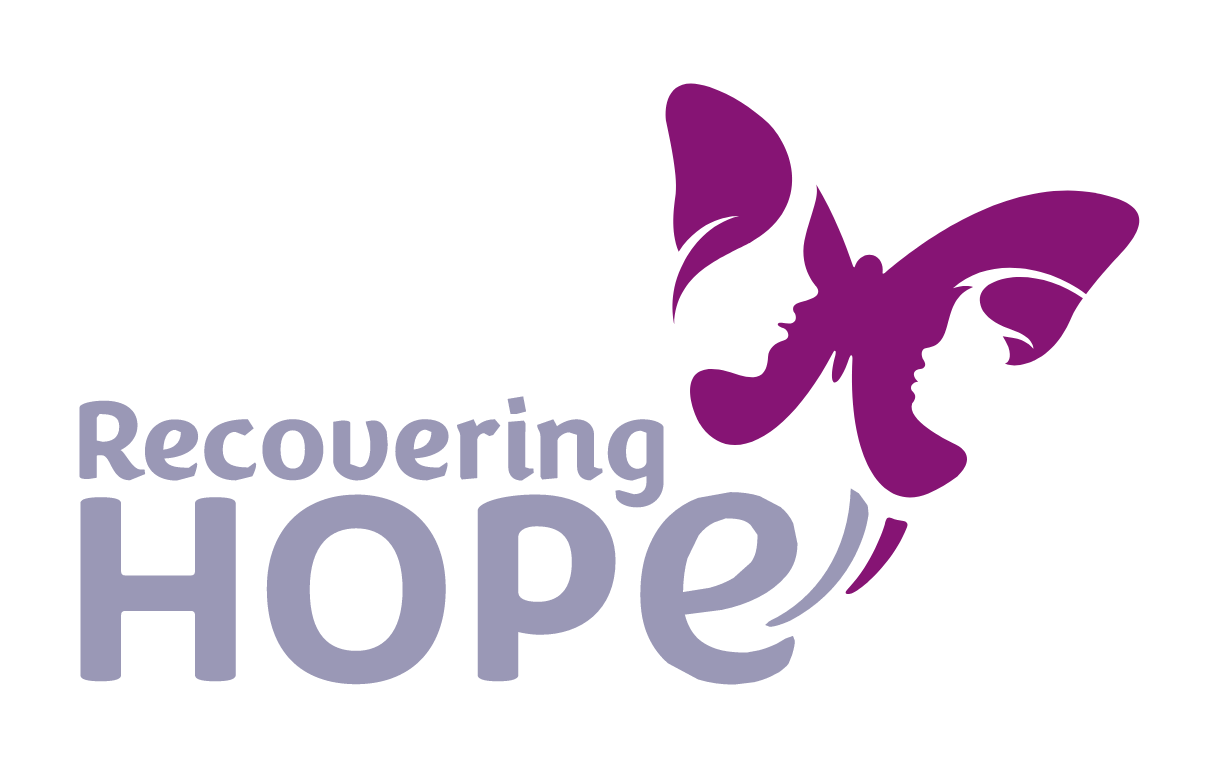Tips for Supporting a Loved One in Recovery
Supporting a loved one through their recovery journey can be both rewarding and challenging. Whether they are just starting treatment or are well into their sobriety, your support can make a significant difference. Here are some practical tips to help you navigate this important role effectively.
Educate Yourself
Understanding addiction is the first step in providing meaningful support. Take time to learn about the nature of addiction, the treatment process, and the challenges your loved one might face. This knowledge will not only help you empathize but also equip you with the tools to offer the right kind of support.
Communicate Openly and Honestly
Open and honest communication is crucial in any supportive relationship. Encourage your loved one to share their thoughts and feelings, and be prepared to listen without judgment. Avoid being confrontational or overly critical, as this can create additional stress and hinder their recovery.
Set Healthy Boundaries
While it’s important to be supportive, it’s equally vital to set healthy boundaries. Enabling behaviors, such as making excuses for their actions or covering up their mistakes, can be detrimental to their recovery. Establish clear boundaries to ensure that your support is constructive and not enabling.
Encourage Healthy Habits
Promote a healthy lifestyle by encouraging activities that support their recovery, such as regular exercise, balanced nutrition, and adequate sleep. Joining them in these activities can provide motivation and strengthen your bond.
Be Patient and Understanding
Recovery is a long and often non-linear process. There may be setbacks along the way, but it’s essential to remain patient and understanding. Celebrate their progress, no matter how small, and provide reassurance during challenging times.
Support Their Treatment Plan
Encourage your loved one to adhere to their treatment plan, whether it involves attending therapy sessions, support groups, or taking prescribed medications. Offer to accompany them to appointments if they need extra support.
Avoid Triggering Situations
Be mindful of potential triggers that could lead to relapse. Avoid bringing up past behaviors or creating environments that might tempt them to use substances. Instead, create a supportive and substance-free environment.
Practice Self-Care
Supporting someone in recovery can be emotionally taxing. It’s essential to take care of your own mental and physical well-being. Seek support from friends, family, or a therapist to ensure you’re equipped to provide the best support possible.
Encourage Professional Help
Recognize that you can’t do everything on your own. Encourage your loved one to seek professional help and support them in finding the right resources. Professional guidance can provide them with the tools and strategies needed for successful recovery.
Stay Positive and Hopeful
Maintaining a positive and hopeful attitude can be incredibly motivating for someone in recovery. Believe in their ability to overcome addiction and convey that belief to them. Your optimism can be a powerful source of strength and encouragement.
Involve Yourself in Support Groups
Consider joining support groups for families of individuals in recovery. These groups can offer valuable insights, advice, and a sense of community. Sharing experiences with others who understand your situation can be incredibly comforting and helpful.
Celebrate Milestones
Acknowledge and celebrate your loved one’s achievements, no matter how small. Celebrating milestones in their recovery journey reinforces positive behavior and provides motivation to continue on the path to sobriety.
Supporting a loved one in recovery requires a delicate balance of empathy, patience, and firmness. By educating yourself, communicating openly, setting healthy boundaries, and encouraging healthy habits, you can play a pivotal role in their journey toward sobriety. Remember to take care of yourself and seek support when needed, ensuring that you’re in the best position to provide the help your loved one needs. Recovery is a collaborative effort, and your support can make all the difference.
